Global R&D Center
Think Local Act Global
Home / Global R&D Center / Solution Labs
Solution Labs
Our Solution Labs serves as a platform for technology integration and product building. By incorporating data analysis and proposed solutions from Foundation Labs, we carry out tests on all proposals for validity and feasibility. Once the best applicable technology and product roadmaps are identified, we proceed with the product’s efficacy tests, registration, and production standardization.
Biotic Interaction Lab
The lab is committed to improving the production and quality of crops by managing interactions between plants, between plants and animals, and between plants and microorganisms. We facilitate interactions between crops and effective microorganisms, such as nitrogen-fixing bacteria, mycorrhizal fungi, and endophytic fungi. We also interrupt or block harmful organisms, including pathogenic bacteria, pests, and weeds, from polluting and competing with crops.
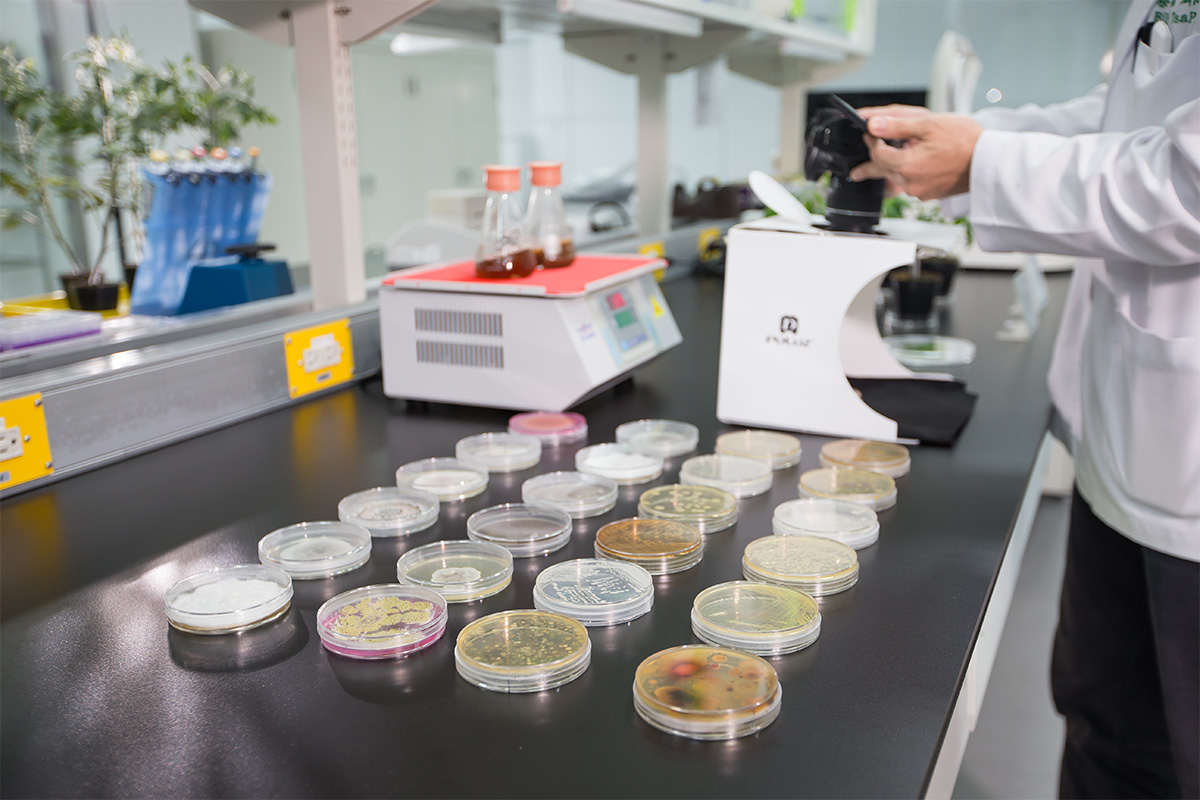
Ornamental Quality Lab
The lab aims to enhance the aesthetic values of ornamental crops like trees, flowers, and turfgrass by improving their growth, forms, aroma, colors, and climate adaptability. To do so, we develop innovative approaches to chemical regulation and breeding technology.
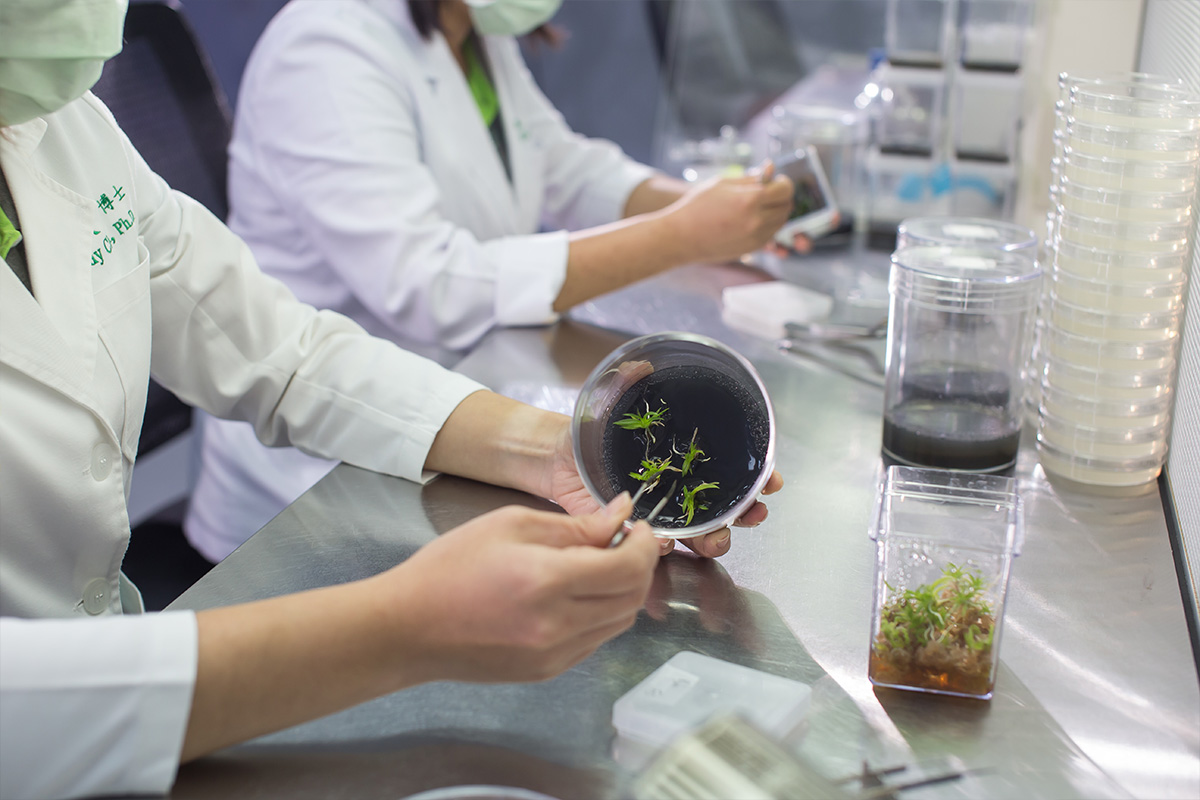
Flavor Quality Lab
The lab seeks to enhance the flavor quality of economic crops such as fruits, coffee, and medicinal plants. We regulate the pathways of secondary metabolites, improve the synthesis and contents of key flavor compounds, and innovate technologies for planting and chemical regulation.
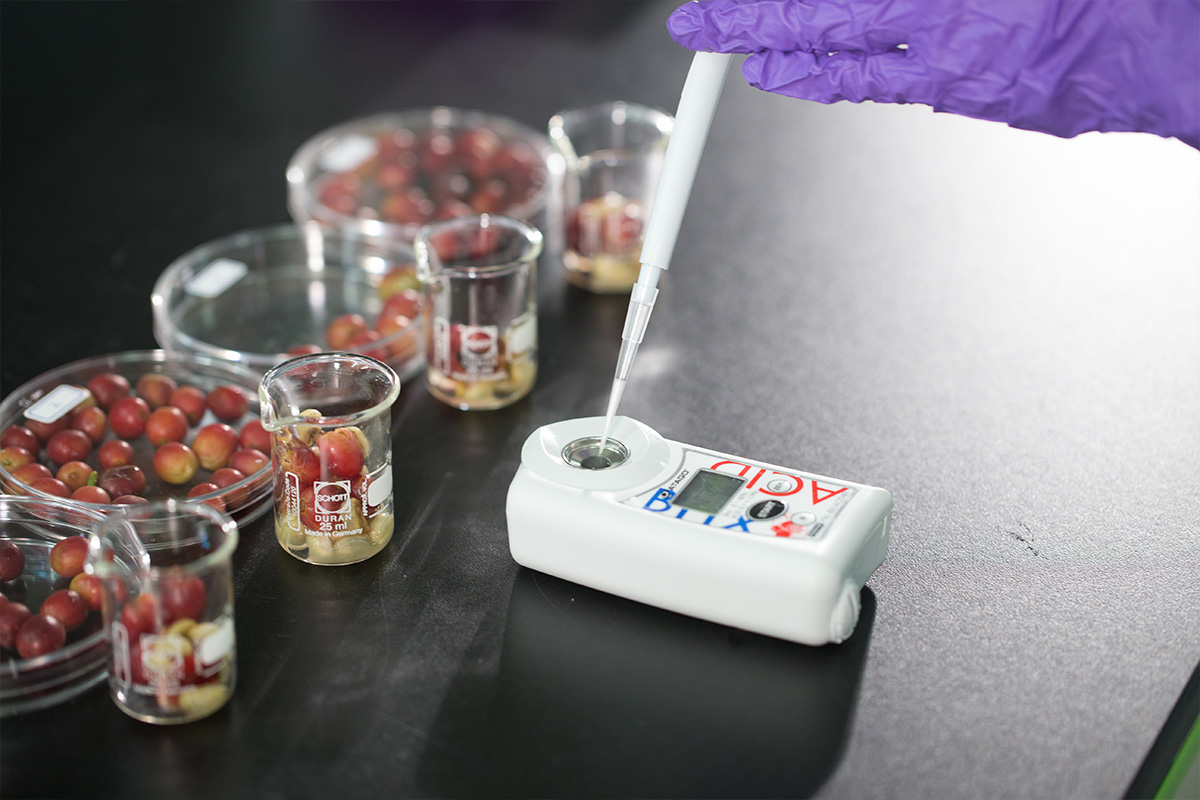
Biological and Organic Lab
The lab develops functional biologics through innovative ways of culturing or extracting from plants, microorganisms, animals, or minerals. We also look to discover extracts and metabolites with new efficacies to meet the needs of organic farming and increased standards for food safety and environmental protection in conventional farming.
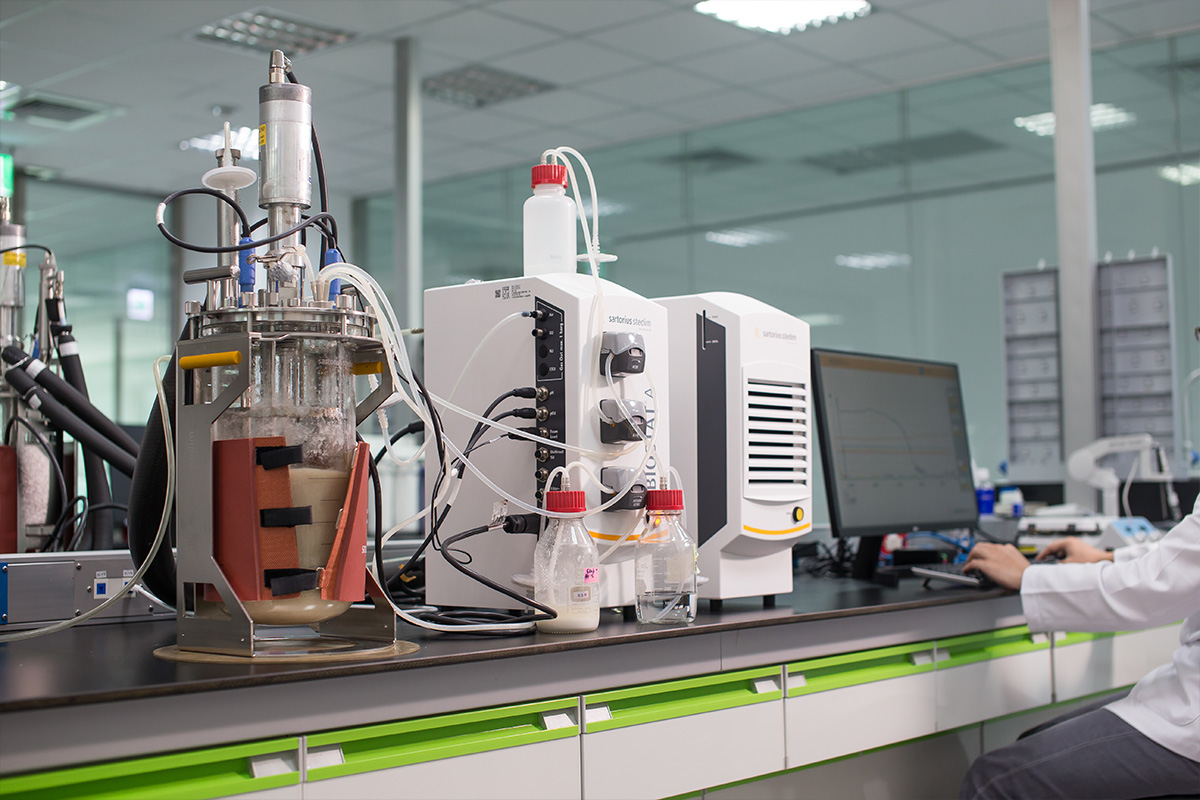
Agriculture Innovation Lab
The lab focuses on innovating agrochemical production processes and use of materials, boosting the efficiency at which active ingredients are absorbed and converted, and improving the precision of targeting and metabolism. In doing so, our goals are to help lower agrochemical consumption in terms of volume and frequency, cut down on residues in crops and the environment, and reduce incidences of phytotoxicity and antibiotic resistance.
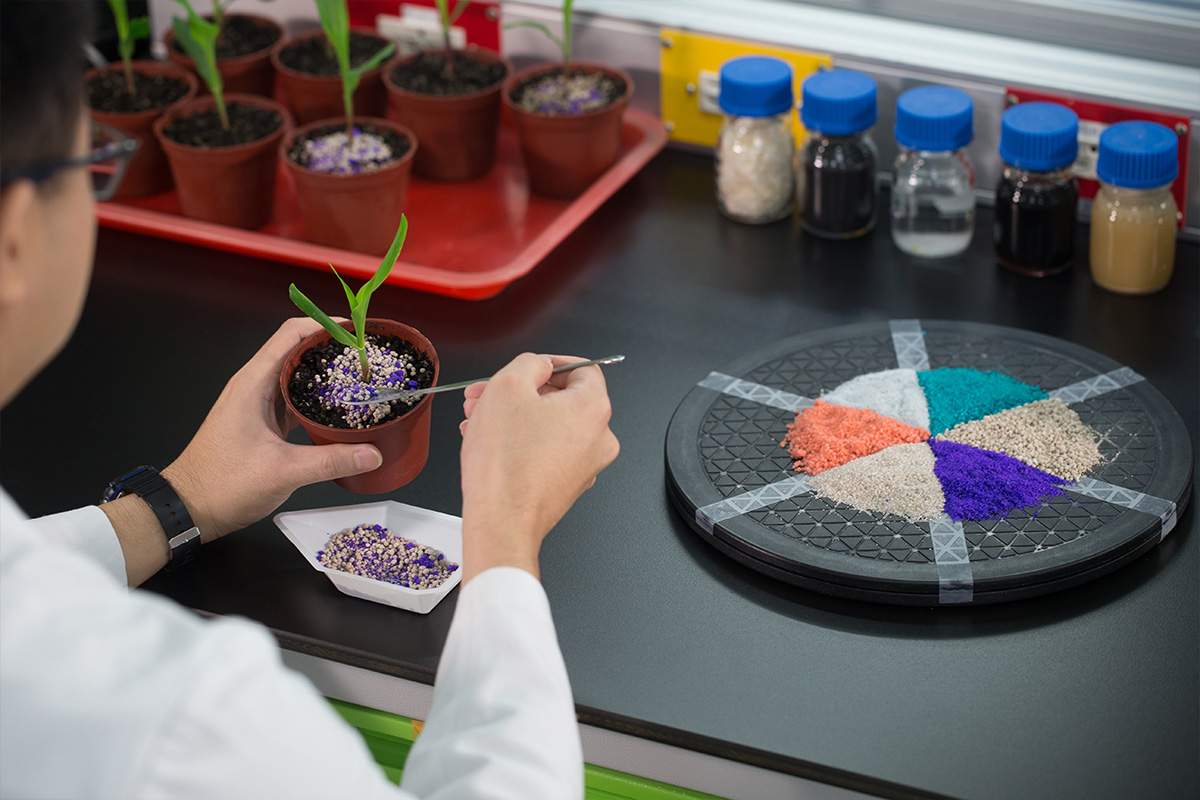
Agronomy Lab
The lab aims to improve technology and product innovations that allow crop colonies to achieve carbon fixation, nitrogen assimilation, and carbon–nitrogen balance. Products are designed in a way that suits crops at different growth stages and plant organs to be harvested. This differentiated approach helps afford products with timely and precise efficacy. The result is an application process that ensures high production volume and top quality.
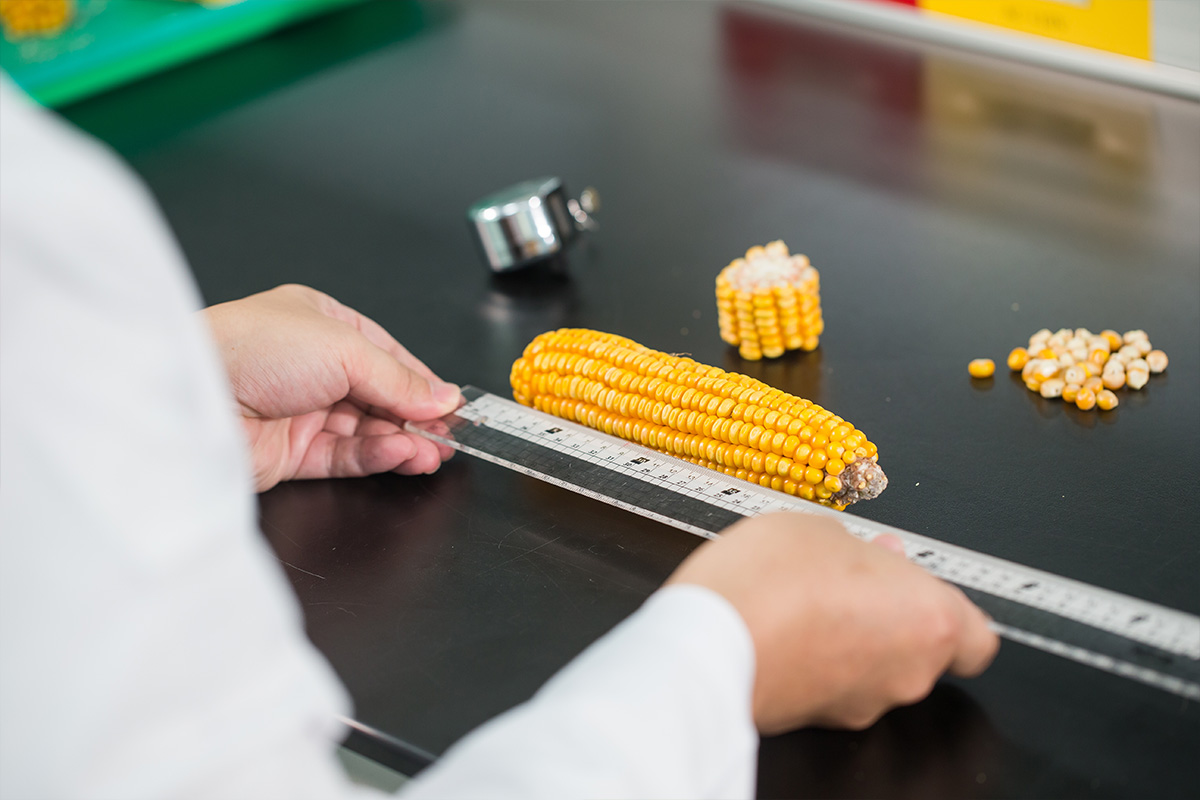
Chemical Innovation Lab
The lab manages growth and development of crops to better meet their different purposes of production. We address issues that may arise at different stages from sowing to harvesting, innovate technologies that regulate crop growth and environmental response, and develop products that improve growth and development of economic organs.
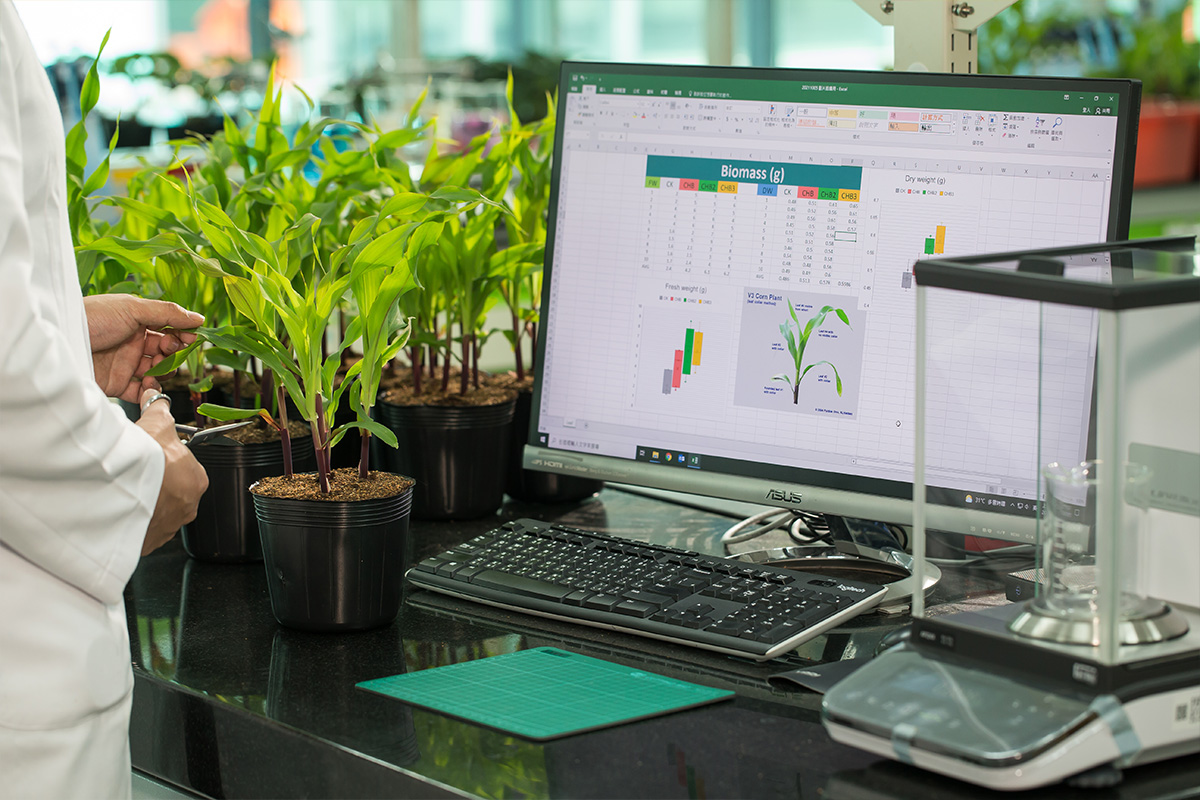
Formulation Lab
The lab, in compliance with GLP, tests data on physico-chemical characteristics of product formulas; stabilizes and optimizes product formulas and production processes; documents and registers product information, such as physico-chemical characteristics, methods of application, and relevant notices; and formulates and guides field tests. The lab ensures all aspects involved in transforming technology into products are legitimate, valid, and effective.
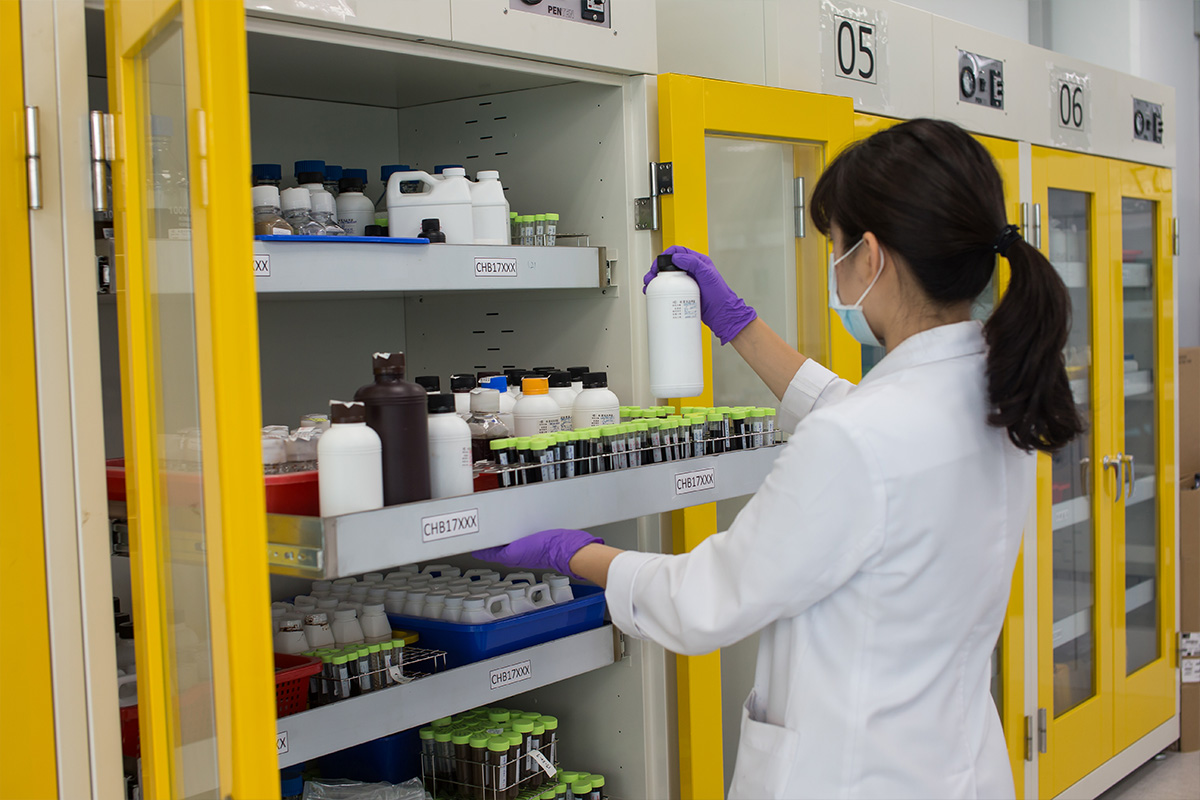
Chemical Analysis Lab
The lab takes advantage of advanced analytics technology to provide other labs with accurate quantitative and qualitative data. Among the sample types are active and inert ingredients of product formulas; macromolecular compounds of organisms; small molecule organic compounds (secondary metabolites) that are related to the flavor quality of crops; and constitution of inorganic compounds and elements such as organisms, soil, and water.
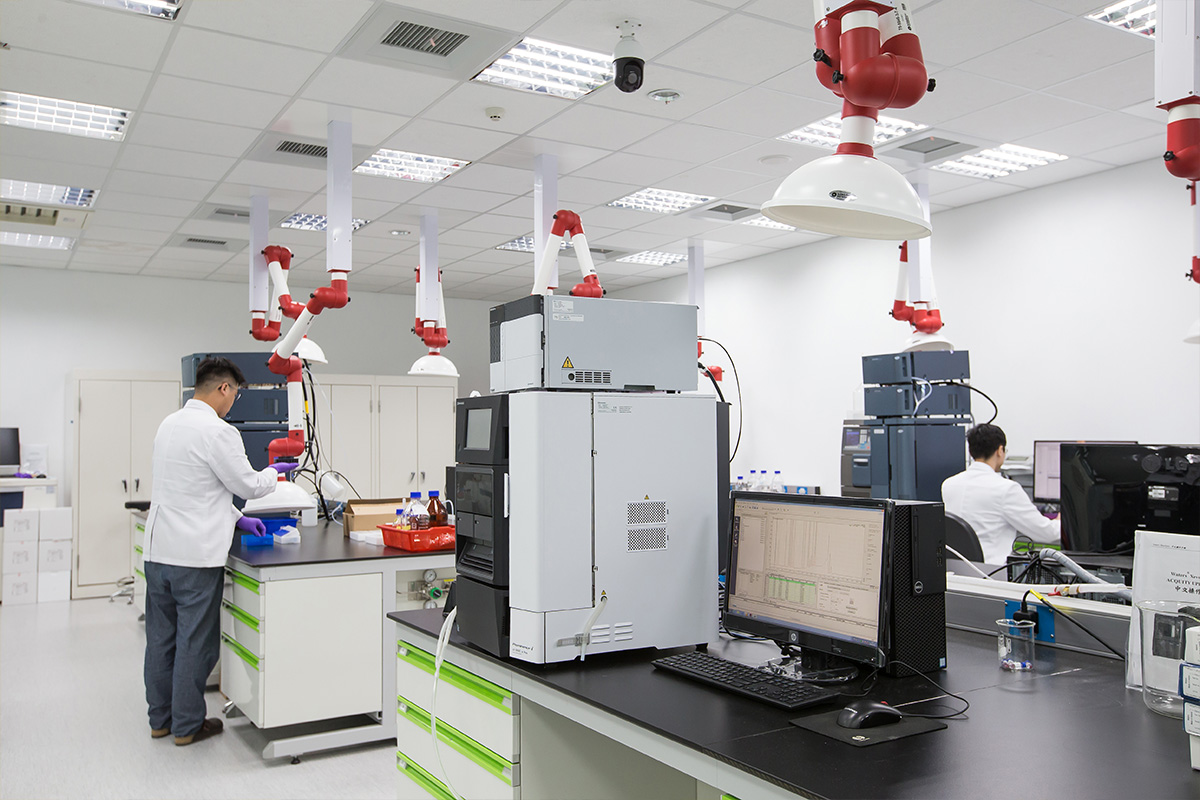
Plasma Nano Lab
The lab is introduced innovative the plasma technologies into agricultural biotechnology, and be explored opportunities in the physiological characteristics of plasma water generated under different conditions for different crops and also be constructed suitable crop production modes (such as watering, drip irrigation or aerosol cultivation). In addition, the plasma technology will be conducted to improve dosage form performances, such as improving the solubility of the product or increasing the sustained-release performance; and with the support of nanomaterial technologies, more agrochemical green products are developed for suitable field application.
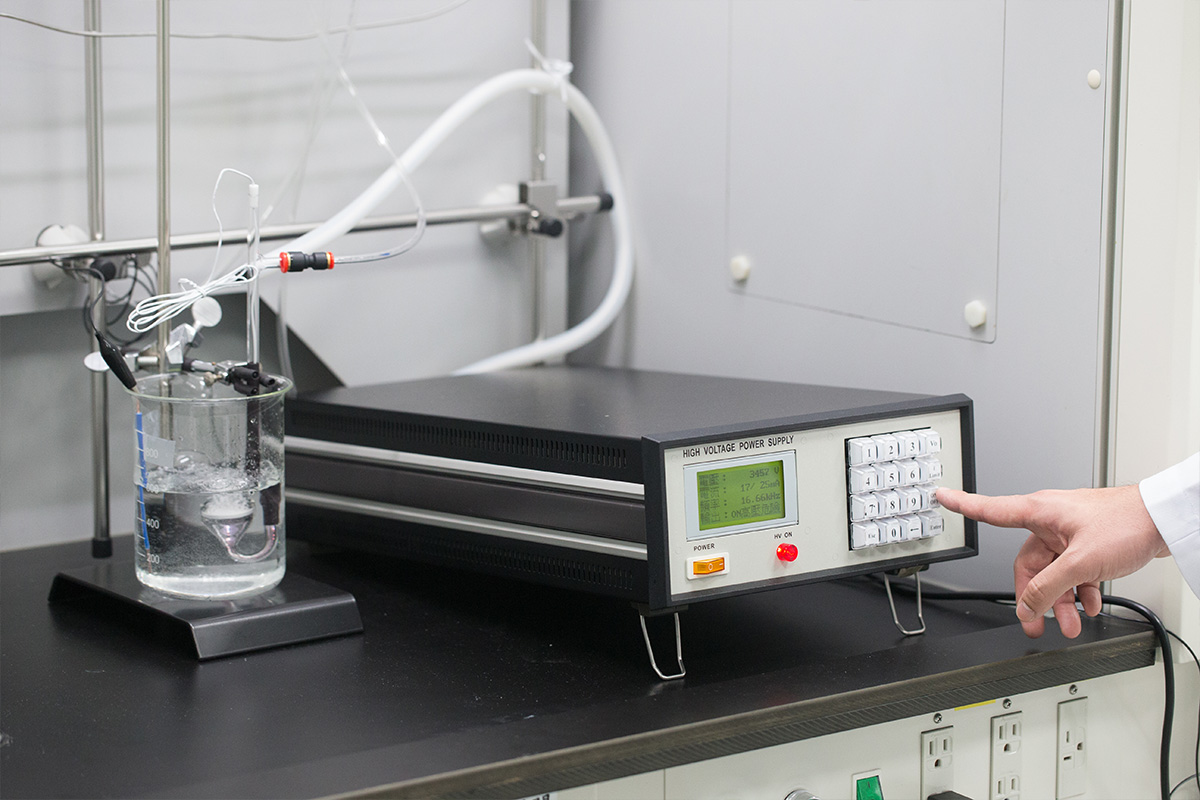
Sustainability
- Corporate sustainability policy and management
- Business Operations and Governance
- Environmental Sustainability and Development
- Supply Chain Management
- R&D and innovation and sustainable agriculture
- Happy Workplace
- Social Development and Care
- ESG Report
- FAO Global soil carbon re-fixation
Press Center
Global R&D Center
Investors
![]()
